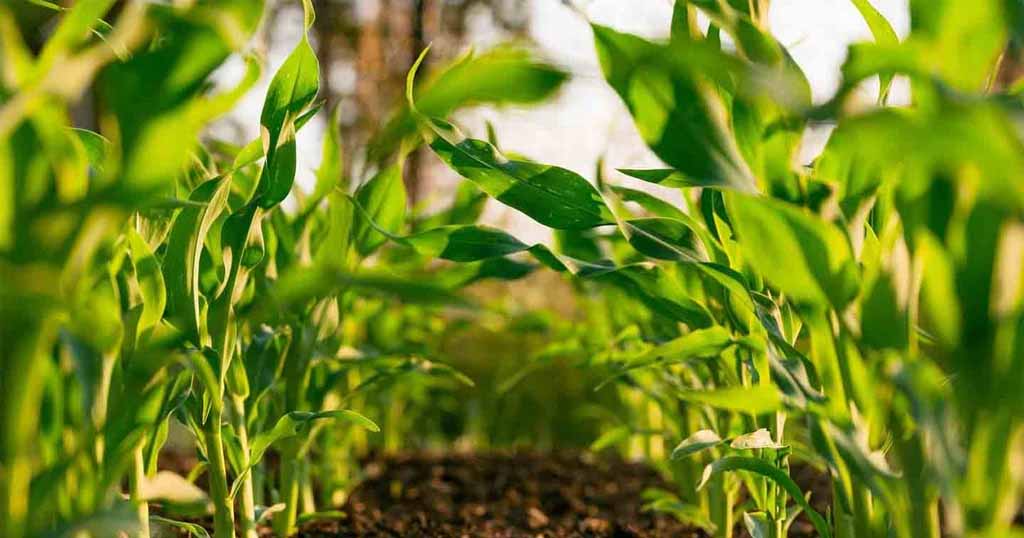
What is the Difference Between Biodegradable and Compostable?
Share
You’ll have likely heard both terms: biodegradable and compostable, but it’s often the case that people are unable to differentiate between the two. Not to worry, in this article, we’ll help outline what each word means and explain the key differences between the two.
Fungi occur naturally in decaying vegetation but also may grow from spores carried through the environment. Both types of microbes feed off dead plant material and release nutrients back into the ecosystem for other plants, animals, and people to use. Some decomposition occurs even without any help from these creatures; however, most decomposition requires some type of microbial activity.
A compost pile consists of materials like leaves, grass clippings, kitchen scraps, paper products, yard trimmings, manure, and so forth. When you add them to your compost pile they begin to breakdown into smaller pieces. As this happens, it creates carbon dioxide, methane gas and ammonia. These gases are released into the atmosphere where they combine with each other and form what we call smog.
Compostable products and materials are similar to ones which are biodegradable, but they tend to have the added benefit of being able to aid the growth of nature once they are returned to the ground.
The two are often mistaken for each other. A recent example of this has been exemplified by a study conducted by the University of Plymouth, where following the results, the public have been warned not to confuse compostable and biodegradable bags.
The other aspect that can be confusing is the fact that while all compostable material is biodegradable, not all biodegradable products and materials are compostable.
Whilst biodegradable materials can return to the ground, they sometimes leave behind metal residue, whereas compostable materials leave behind humus, which serves as a source of nutrients for plants.
In terms of recycling, it’s important to recognise the difference between biodegradable and compostable. Numerous items that are labelled biodegradable are not accepted by composting facilities as they may take too long to break down or they won’t decompose entirely.
There are now European Standards set out to determine what can be classed as compostable and what should be considered biodegradable, but this still often causes confusion.
What Does Biodegradable Mean?
Biodegradable means that an object can be broken down into its original components by biological processes. The term "biological" refers to living organisms, such as bacteria or fungi, which break down organic matter. Bacteria are single-celled microorganisms found in soil, water, air, food, and on human skin.Fungi occur naturally in decaying vegetation but also may grow from spores carried through the environment. Both types of microbes feed off dead plant material and release nutrients back into the ecosystem for other plants, animals, and people to use. Some decomposition occurs even without any help from these creatures; however, most decomposition requires some type of microbial activity.
What Does Compostable Mean?
Composting involves breaking down solid waste using heat and oxygen provided by nature's own process called decay. This natural method reduces pollution, conserves energy, and helps create healthy soils. It does not require chemicals or special equipment.A compost pile consists of materials like leaves, grass clippings, kitchen scraps, paper products, yard trimmings, manure, and so forth. When you add them to your compost pile they begin to breakdown into smaller pieces. As this happens, it creates carbon dioxide, methane gas and ammonia. These gases are released into the atmosphere where they combine with each other and form what we call smog.
Compostable products and materials are similar to ones which are biodegradable, but they tend to have the added benefit of being able to aid the growth of nature once they are returned to the ground.
What Are the Key Differences Between Biodegradable and Compostable?
Although the terms are often used interchangeably, there is actually a significant difference between biodegradable and compostable. In this section, we'll break down some of the biggest differences between the two to give you a better understanding of what they both mean.
The two are often mistaken for each other. A recent example of this has been exemplified by a study conducted by the University of Plymouth, where following the results, the public have been warned not to confuse compostable and biodegradable bags.
The other aspect that can be confusing is the fact that while all compostable material is biodegradable, not all biodegradable products and materials are compostable.
Whilst biodegradable materials can return to the ground, they sometimes leave behind metal residue, whereas compostable materials leave behind humus, which serves as a source of nutrients for plants.
In terms of recycling, it’s important to recognise the difference between biodegradable and compostable. Numerous items that are labelled biodegradable are not accepted by composting facilities as they may take too long to break down or they won’t decompose entirely.
There are now European Standards set out to determine what can be classed as compostable and what should be considered biodegradable, but this still often causes confusion.
